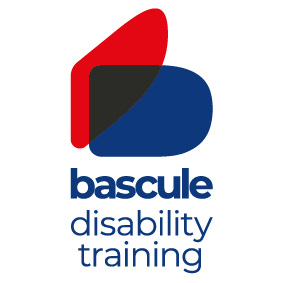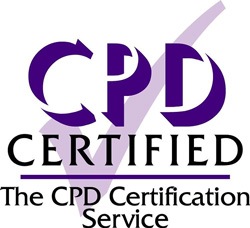Removing the labels

It’s human nature for us to want to label things, to classify and categorise. Whether it’s places, animals, inanimate objects, planets, we compartmentalise virtually everything we come across in an attempt to try and gain a stronger understanding of the world we live in.
And it’s not just the things around us that get labelled- we also have a desire to label each other. As soon as we are born, we are given a ‘name’ and we carry that name for our whole lives.
Then, we are categorised via other labels such as race, religion, gender, sexuality, disability, what we do for a living. Even our lifestyles and cultural preferences can dictate a ‘type’ and escaping these labels is virtually impossible. Which is why, when (and if) we use them to describe others, it is very important we use the right language.
Inclusive language
We at Bascule regularly recite the following statistic- ‘67% of the British public feel ‘uncomfortable’ and ‘awkward’ talking to disabled people’ (Scope 2014). At first glance this statistic could be perceived negatively but after close consideration- this has a positive connotation as these people surveyed are admitting to feeling cautious of offending people with disabilities- which is generally a respectful and empathetic response.
It also demonstrates that these people are unsure of what ‘language’ to use and for whatever reason are not generally aware of how to communicate, so refrain from doing so. In the same report almost the same number of people surveyed (66%) said that they would worry about speaking about disability in front of a disabled person, with many worrying they would say something inappropriate or use an offensive term by mistake.
So- how can these people better communicate with people with disabilities? Well, the obvious first step would be to use as fewer labels as possible. If it’s a label you need, try learning a person’s name! After all, the same report revealed that 33% of people that ‘felt awkward communicating’ said that getting to know someone who has a disability or getting advice from people with disabilities would make them feel more confident when meeting someone with a disability.
However, there are of course many words and phrases that should definitely be avoided and it’s worth remembering that these vary and change so, what may have been considered acceptable five years ago, may not be appropriate today. What may have originally been a medical term could now be considered unacceptable language, given that the word now has a negative implication having been used for a period of time as a slang word to cause offence. The word spastic is a great example of this, it is a legitimate medical term to describe increased tone and involuntary movement that has been turned into one of the most hated insults.
Also, it is worth considering that acceptable terminology varies depending on what country you are in. For example, the word ‘handicapped’ may be considered appropriate in the US but certainly is not in the UK. Consider also that as late as 1994, SCOPE was known as the Spastics Society!
Realistically, there are no hard and fast rules to using inclusive language- although you can find guides such as this- from the Government that provide some guidance. It should also be remembered that we are talking about people, and their preferences will always vary. What might work for one person certainly may not for another and everyone has the right to have a preferred language in terms of how they are referred to.
The best approach (if you are a business) is to ensure your staff are disability awareness trained. As a person, it’s a good idea to ensure you are not using archaic expressions that are now considered offensive and familiarise yourself with modern inclusive terms.
Using sentences that frame the subject in a first-person context are most respectful - (a person with disabilities, a person that uses a wheelchair-). Although, if you are ever in any doubt most people will appreciate your efforts not to offend and will explain to you their preferred use of language.
After all- the ‘awkwardness’ and ‘discomfort’ experienced by 67% of British people will naturally fade as positive communication increases…
If you are interested in learning more about Bascule’s training to enable your staff to communicate more effectively Click HERE



